 Название
Название: Time-Frequency Analysis Techniques and their Applications
Автор: Ram Bilas Pachori
Издательство: CRC Press
Год: 2023
Страниц: 238
Язык: английский
Формат: pdf (true)
Размер: 17.9 MB
Most of the real-life signals are non-stationary in nature. The examples of such signals include biomedical signals, communication signals, speech, earthquake signals, vibration signals, etc. Time-frequency analysis plays an important role for extracting the meaningful information from these signals. The book presents time-frequency analysis methods together with their various applications. The basic concepts of signals and different ways of representing signals have been provided. The various time-frequency analysis techniques namely, short-time Fourier transform, wavelet transform, quadratic time-frequency transforms, advanced wavelet transforms, and adaptive time-frequency transforms have been explained. The fundamentals related to these methods are included. The various examples have been included in the book to explain the presented concepts effectively. The recently developed time-frequency analysis techniques such as, Fourier-Bessel series expansion-based methods, synchrosqueezed wavelet transform, tunable-Q wavelet transform, iterative eigenvalue decomposition of Hankel matrix, variational mode decomposition, Fourier decomposition method, etc. have been explained in the book. The numerous applications of time-frequency analysis techniques in various research areas have been demonstrated.


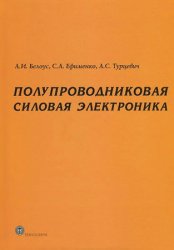

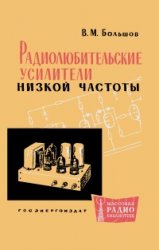

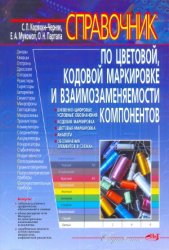
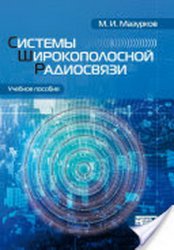
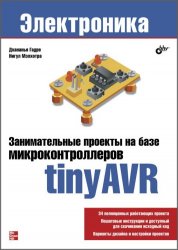
 Название: The Essentials of Computer Organization and Architecture, 6th Edition
Название: The Essentials of Computer Organization and Architecture, 6th Edition Название: Time-Frequency Analysis Techniques and their Applications
Название: Time-Frequency Analysis Techniques and their Applications